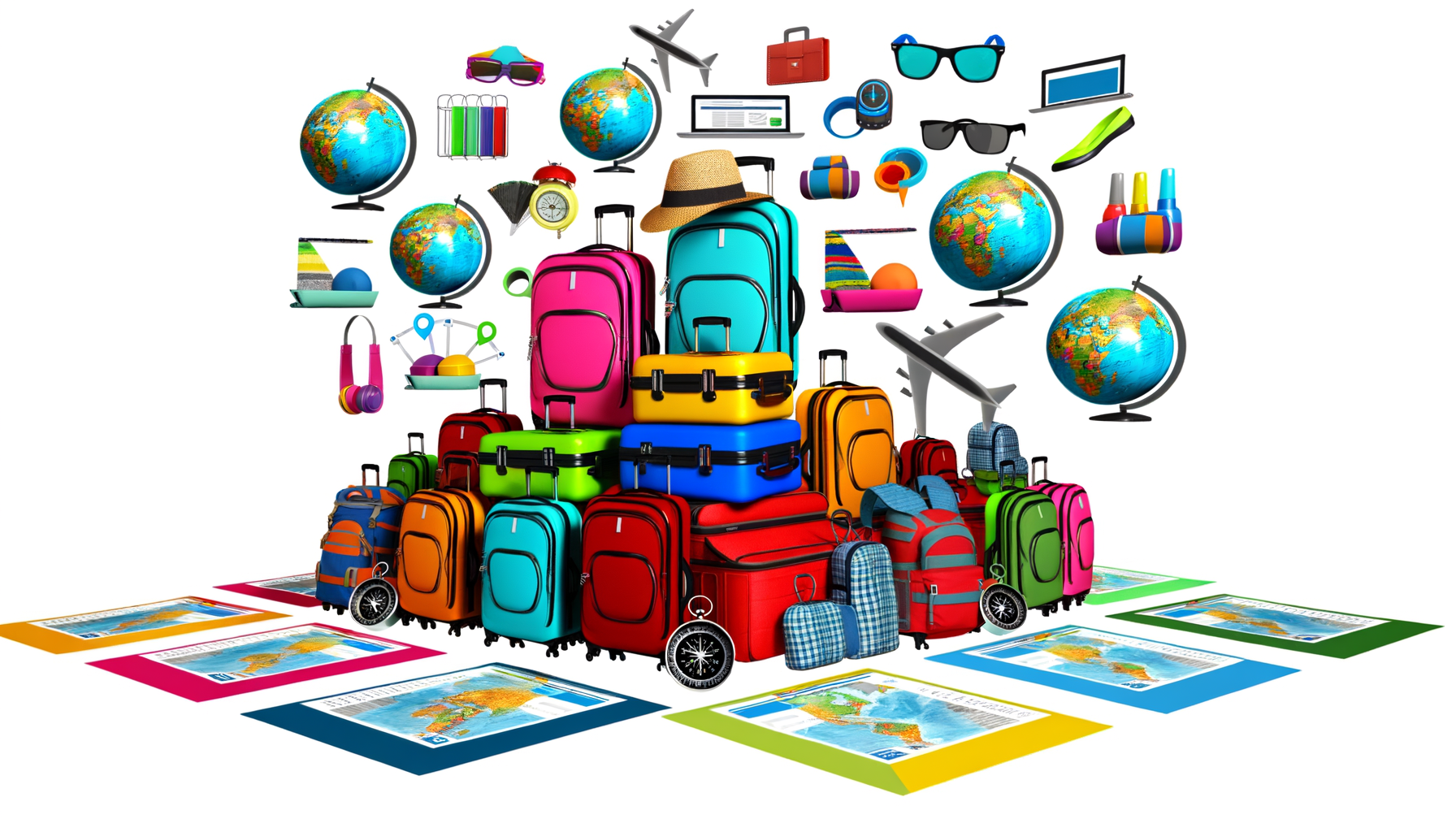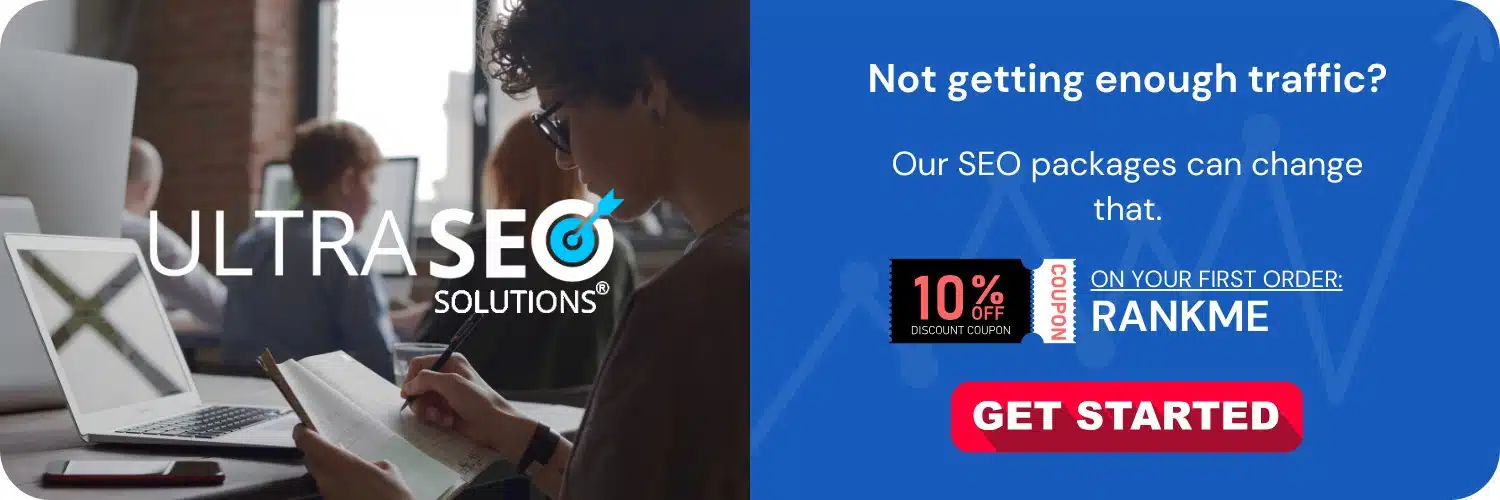
SEO strategies for a travel gear e-commerce site revolve around optimizing the online platform to enhance visibility on search engines, thereby driving more organic traffic and ultimately boosting sales. These strategies include keyword research tailored to travel gear, on-page and technical SEO optimization, crafting high-quality content, utilizing social media platforms, optimizing for mobile, earning quality backlinks, and focusing on user experience.
Understanding the Importance of SEO in E-commerce
E-commerce businesses, especially those in the travel gear niche, benefit significantly from a robust SEO strategy because of the increased competition and consumer reliance on search engine results to make purchasing decisions. SEO helps your travel gear e-commerce store stand out among competitors and reach customers who are actively searching for travel products.
Keyword Research and Optimization
Identifying Your Key Terms
Begin by identifying the keywords potential customers are using to find travel gear online. Use SEO tools like SEMrush, Ahrefs, or Google’s Keyword Planner to research relevant terms and phrases that have a high search volume but reasonable competition. Focus on long-tail keywords specific to travel gear, which might include terms like ‘lightweight travel backpack’ or ‘durable luggage for international travel’.
Optimizing Your Product Pages
Once you’ve identified your keywords, incorporate them into your product titles, descriptions, and meta tags in a natural and relevant manner. Make sure your product pages are optimized for both search engines and users by providing detailed, keyword-rich descriptions that help visitors make purchasing decisions.
On-Page and Technical SEO
Improving Site Architecture
Your site’s structure should be intuitive, allowing both users and search engine crawlers to find information easily. A clear hierarchy and simple navigation are essential, with categories neatly organized and products easy to locate.
Enhancing Page Speed
Page speed is a critical ranking factor for Google. You can use tools like Google PageSpeed Insights to analyze and improve your site speed. Implement practices such as compressing images, using a content delivery network (CDN), and minifying CSS and JavaScript files.
Ensuring Mobile Optimization
With the increasing number of users shopping on mobile devices, mobile optimization is non-negotiable. Your travel gear website should offer a seamless experience across all device types. Google’s Mobile-Friendly Test can help determine how well your site performs on mobile.
Creating High-Quality Content
Building a Content Marketing Strategy
Develop a blog or a resources section on your site to provide value-added content. This could include travel tips, gear reviews, and packing guides. High-quality content can attract backlinks, engage users, and give more opportunities to include relevant keywords.
Leveraging Multimedia
Incorporate images, videos, and infographics that showcase your travel gear in action. Visual content can increase user engagement and time spent on your site, which can be positive signals to search engines.
Social Media and SEO Integration
Expanding Your Reach
Use social media platforms to share content, engage with customers, and drive traffic to your e-commerce site. While social signals are not direct ranking factors, they contribute to brand awareness and can lead to more organic search traffic over time.
Encouraging Social Sharing
Make it easy for users to share products and content from your site on their social profiles. Social shares can increase visibility and can lead to more backlinks and improved SEO performance.
Link Building Strategies
Garnering Quality Backlinks
Backlinks are a significant factor in SEO. Aim to earn backlinks from reputable sites within the travel and gear sectors. This can be achieved through guest blogging, partnerships, and creating shareable content.
Monitoring Your Backlink Profile
Use tools to monitor your site’s backlink profile and ensure that the links are high-quality and relevant. Disavow any toxic or spammy backlinks that could harm your site’s credibility.
User Experience (UX) as an SEO Factor
Creating a Seamless Shopping Experience
Focus on providing an excellent user experience by making your site easy to use, with clear calls-to-action (CTAs), simple checkout processes, and helpful customer service. A positive user experience can lead to higher engagement rates, better reviews, and increased loyalty, which in turn support your site’s SEO.
Incorporating User Feedback
Listen to feedback from customers regarding their shopping experience and use it to make improvements. Implementing changes based on user suggestions can help fine-tune your site for better performance.
Measuring SEO Success
Tracking with Analytics
Regularly monitor your site’s performance using Google Analytics and other SEO tools. Keep track of metrics such as organic traffic, bounce rate, conversion rate, and keyword rankings to understand the effectiveness of your SEO strategy and make informed decisions.
Adjusting Your Strategies
SEO is not a set-and-forget venture. Continuous adjustments and updates are necessary to adapt to search engine algorithms and market trends. Regularly revisit and refine your SEO strategies to stay competitive in the ever-changing digital landscape.
Finishing Thoughts
An effective SEO strategy for a travel gear e-commerce site combines multiple elements, including keyword optimization, technical and on-page SEO, content marketing, social media engagement, quality backlinks, and a focus on user experience. By implementing these tactics and continuously measuring and refining your approach, you can enhance your online visibility, attract more traffic, and drive sales in the competitive travel gear market. Remember that SEO is a long-term investment, and success requires persistence, adaptability, and a commitment to providing value to your users.
Frequently Asked Questions
What are the fundamental SEO strategies for a travel gear e-commerce site?
To improve the SEO of a travel gear e-commerce site, start by performing keyword research to identify the terms your audience uses. Ensure your website has a clean structure, fast loading times, and is mobile-responsive. Optimize on-page elements like titles, meta descriptions, and content with relevant keywords. Develop a content marketing strategy to regularly publish high-quality, original content that is engaging and informative for your audience. Build a strong backlink profile from reputable sites within your niche.
How important is keyword research for a travel gear e-commerce site’s SEO efforts?
Keyword research is crucial as it guides the optimization of your website and content to align with the search terms that potential customers use. It helps you understand the search volume and competition for specific keywords relevant to your products and can inform your content strategy to address your target audience’s needs.
What on-page SEO factors should I focus on for my travel gear e-commerce website?
On-page SEO factors that are important include optimizing title tags with primary keywords, creating compelling meta descriptions that encourage clicks, using header tags (H1, H2, H3) to structure content, optimizing images with descriptive alt text and filenames, and ensuring your URLs are concise and keyword-rich. The content should also include relevant keywords and provide valuable information to your audience.
How can I optimize my travel gear product pages for SEO?
To optimize your product pages, include detailed product descriptions with relevant keywords, use high-quality images with proper alt tags, and provide user reviews and ratings for social proof. Also, use structured data markup to provide search engines with detailed product information, which can enhance the appearance of your pages in search results.
What role does content marketing play in SEO for a travel gear e-commerce site?
Content marketing plays a significant role in SEO as it drives organic traffic by engaging potential customers and establishing authority in the travel gear niche. Consistently producing valuable content like travel tips, gear reviews, and destination guides can attract backlinks, encourage social shares, and keep visitors on your site longer, which can boost your search rankings.
Can social media impact the SEO of my travel gear e-commerce site?
While social media signals do not directly impact search engine rankings, an active social media presence can indirectly benefit SEO by increasing brand visibility, driving traffic to your website, and generating backlinks if your content is shared by others. Engage with your audience on social platforms to foster relationships and share your content more widely.
What link-building strategies are effective for travel gear e-commerce sites?
Effective link-building strategies include guest blogging on travel and outdoor related websites, partnering with influencers in the travel gear space, participating in industry forums and discussions, and creating shareable content like infographics that other sites will want to link to. Always focus on acquiring backlinks from high-quality, relevant websites for the best SEO impact.
How do technical SEO aspects affect my travel gear e-commerce site’s SEO performance?
Technical SEO is essential for ensuring that search engines can crawl and index your site effectively. Aspects such as a secure connection (HTTPS), fast page load times, a mobile-friendly design, a logical site structure, and the absence of duplicate content all contribute to better SEO performance. Regularly auditing your site for technical issues is necessary to maintain its health and search visibility.
How can I measure the success of my SEO strategies for my travel gear e-commerce site?
Measure your SEO success by tracking key performance indicators such as organic traffic, search rankings for your targeted keywords, conversion rates, bounce rates, and the number of backlinks. Tools like Google Analytics and Google Search Console can provide comprehensive data to evaluate the effectiveness of your SEO efforts and help you make informed decisions.
How frequently should I update the content on my travel gear e-commerce site for SEO purposes?
Content should be updated as often as required to keep it relevant and engaging for your audience. This could mean updating product descriptions, posting new blog entries, or refreshing existing content with the latest information. A regular content schedule can help signal to search engines that your site is active and providing fresh content, which is beneficial for SEO.






